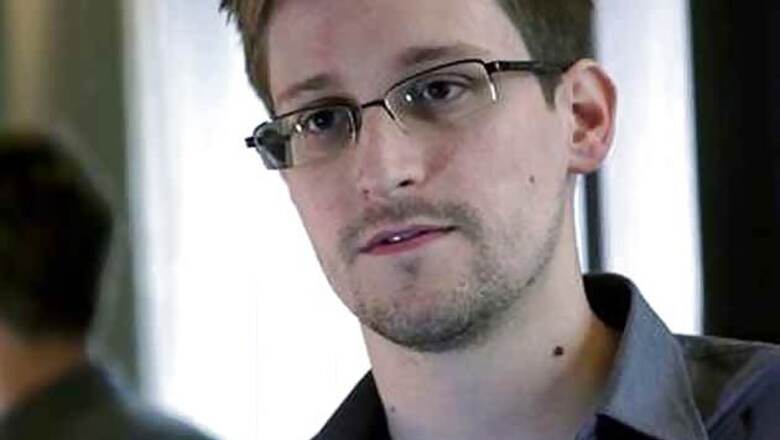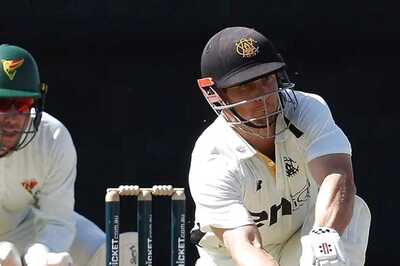
views
The Edward Snowden revelations that has brought to light Washington's snooping and monitoring activities of US citizens and the US government's stance on whistleblowers have lessons for India as well as New Delhi is in the process of rolling out a new cyber security architecture. Where does liberty end and where does the State take over? Barun Mitra, director of Liberty Institute, joined IBNLive readers for an interaction on the issue.
Q. Hello Sir - As long as a normal citizen's life is protected, it should be fine. We are living in a world were each day a surprise awaits. Why can we prepare and manipulate negative actions. Asked by: Paresh
A. The question is would citizens rights be protected, if there is not adequate checks to government,s capacity monitor the citizens.
Q. Do you feel that the data that would be available by monitoring telephone calls and internet activity under the proposed CMS system to be introduced by our Government would enable it to identify security threats, money laundering and other illegal activities or they are liable to be misused. Asked by: T T Krishnan
A. Unless there is a transparent process laid down, and clear checks balances available, there is a real danger that the someone will misuse the proposed CMS
Q. Should India go the US way? Asked by: Anu
A. The US has disappointed itself, by failing to uphold one of the most basic tenet of rule of law , that is one is innocent unless proven guilty by competent authorities. The snooping implied that everyone is guilty unless they are proven innocent. India should not travel on that path.
Q. Is complete privacy impossible in the quest for security? Asked by: leena
A. The question is where and how to determine the boundary between right to privacy and security. And that boundary should be constantly tested, by active citizens.
Q. Lessons for India? Asked by: Pawan
A. Even without the recent US example, we in India have already borne the cost of reversing the principle of "innocent until proven guilty". Many of our so called anti-national and anti-terror laws from MISA in the 1970s to the recent PoTA, showed the fallacy of such laws. They were readily misused.
Q. What exactly is the case? Asked by: Shyam Vadalker
A. The case we are discussing is whether India should follow the US example in monitoring its citizens and others across the world, as part of their anti-terrorism programme.
















Comments
0 comment